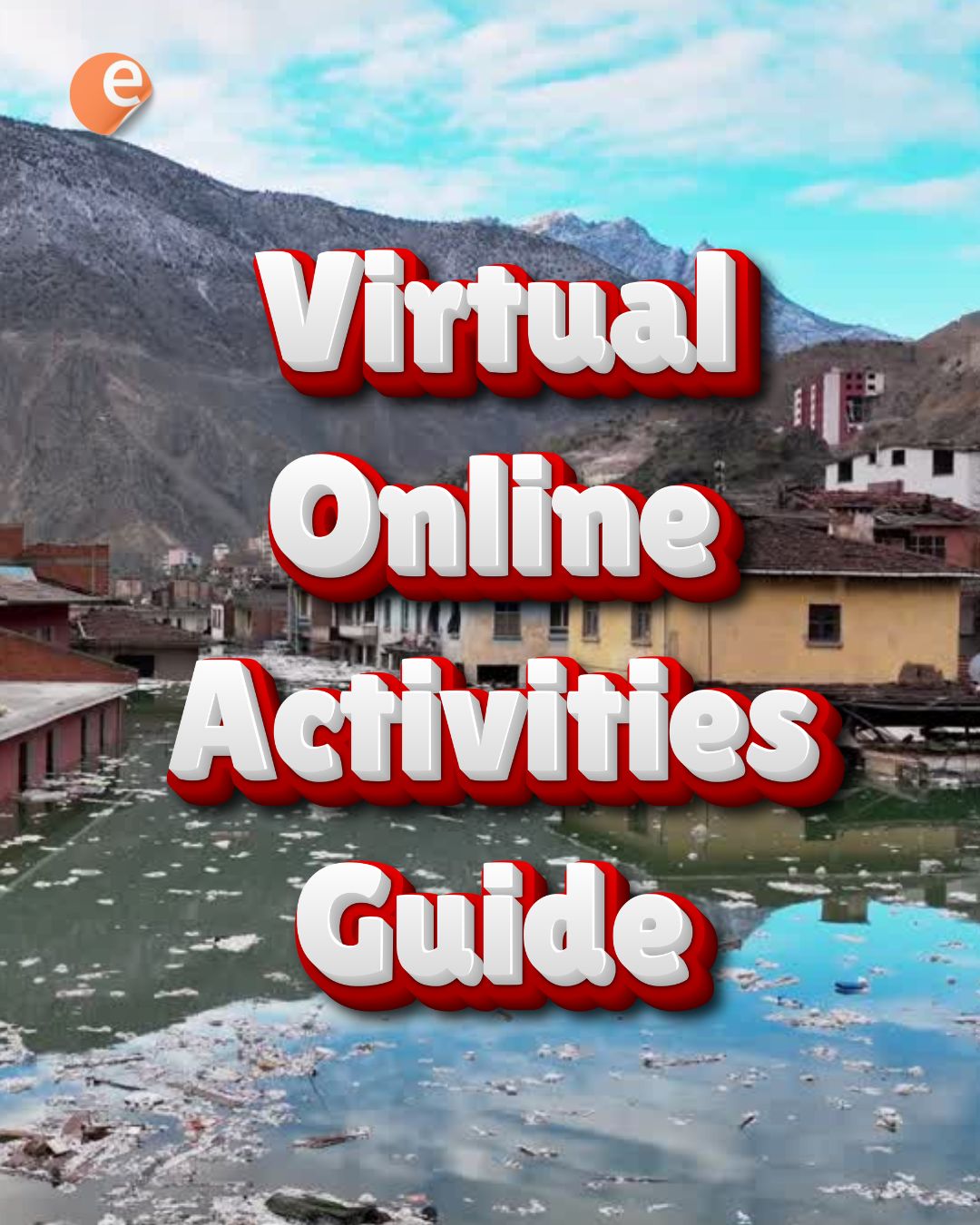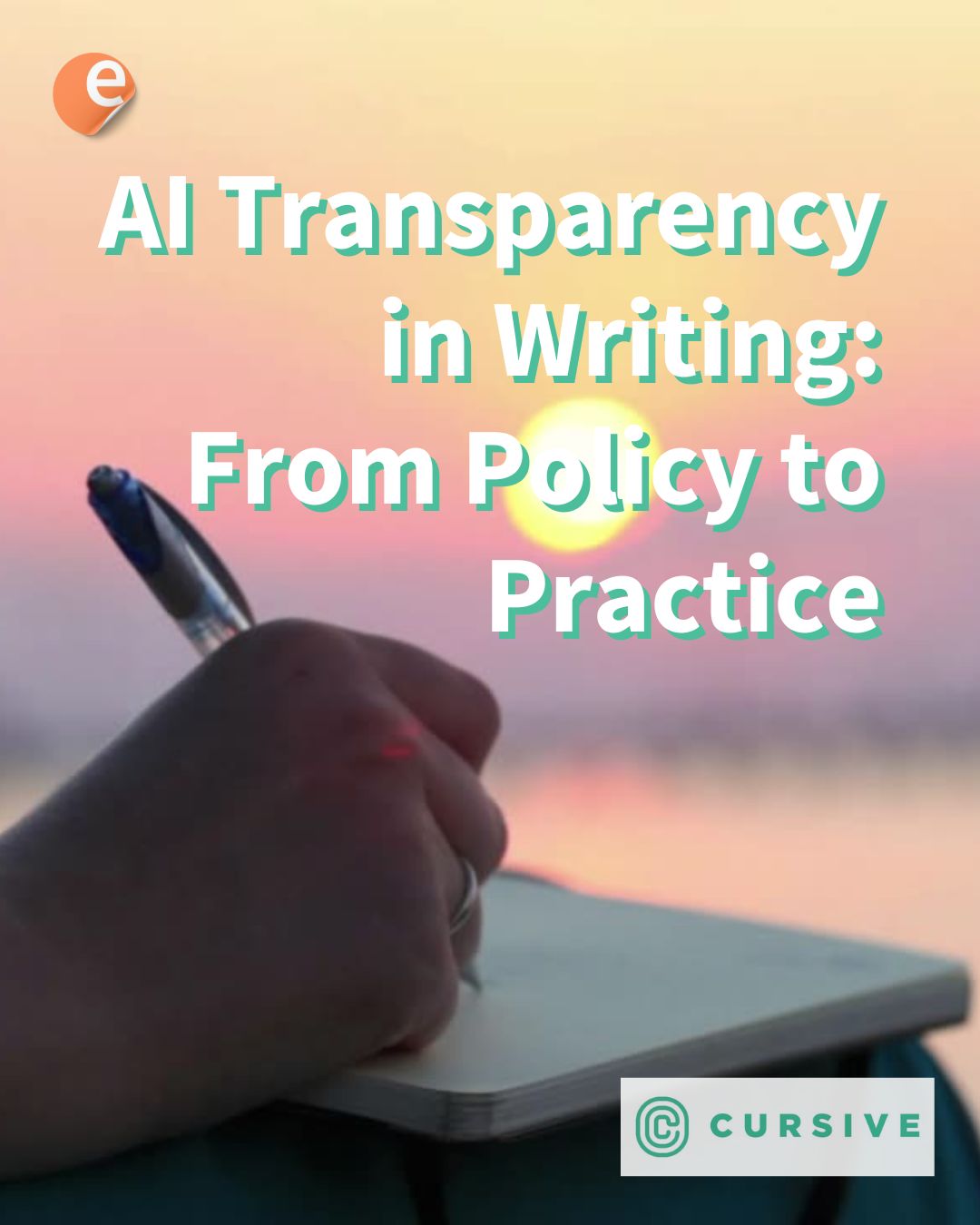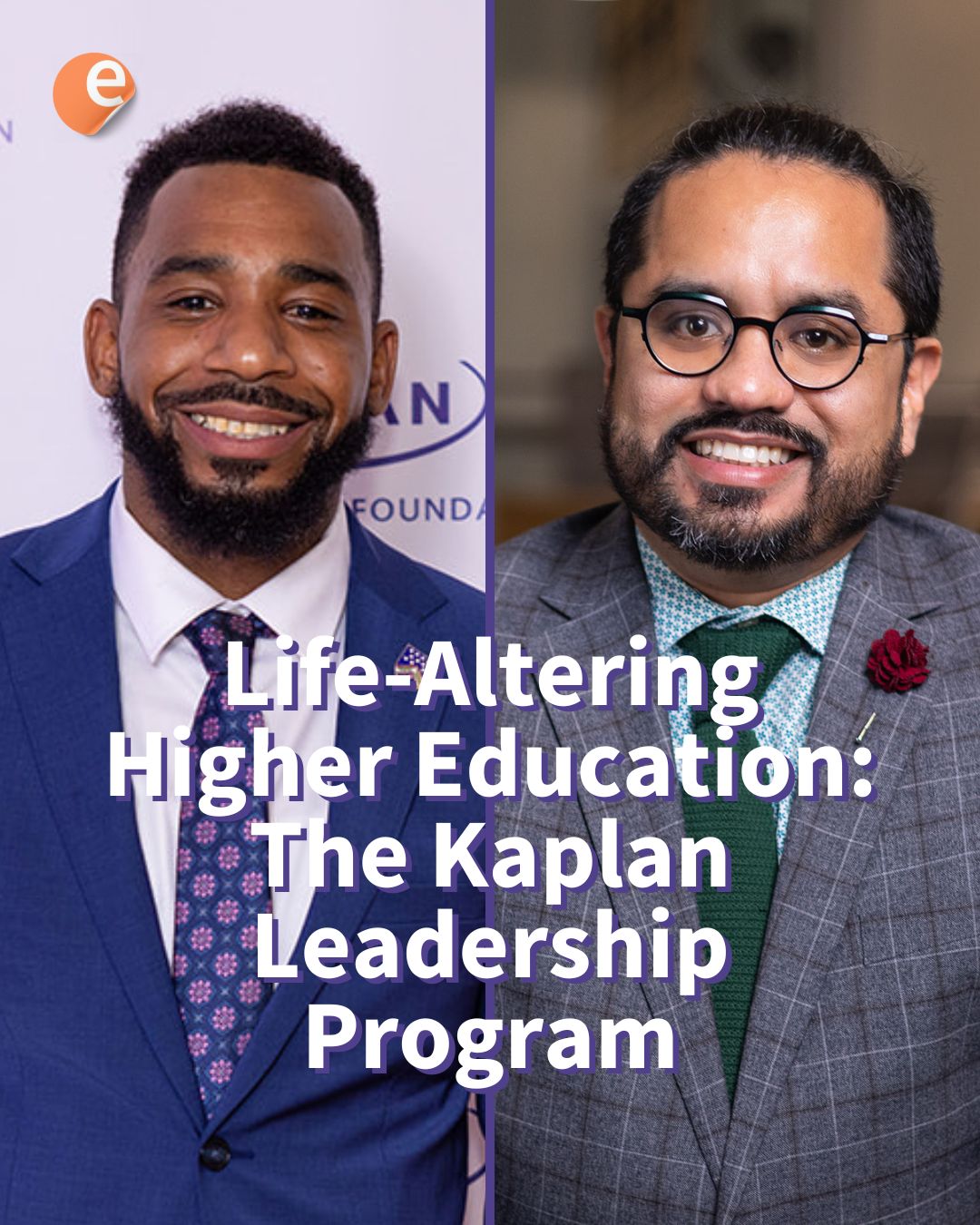A Request For Proposal (RFP) is a simple —okay, in some cases quite complicated— document, that makes the world go round. If you believe that “in order for something to happen, a sale has to happen,” then you understand how critical the processes of writing by a purchaser, and subsequently understanding and fulfilling the written needs, are for the ongoing dynamics of development and growth through key technological acquisition.
And yet, RFP processes are, for the most part, dreaded. They’re long, boring, seldom designed for success and riddled with details that together can make or break the value of a purchase. The general attitudes against them are so ingrained in our culture that we take the process, as delicate as it is, for granted. Almost nobody sees the RFP as a driving force of innovation and teamwork, or in the case of educational technology, a toolset for enhanced experiences and higher outcomes.
Almost being the operative word. Meet Tami Bonnet-Admi, self professed “RFP enthusiast” with hundreds of successfully written and executed RFPs, driving millions of dollars in value for organizations large and small. After a long tenure in corporate management, Tami is now owner and Principal of 3GEM Consulting, K-12, Higher Ed, Corporate and Government teams in the development of innovative systems, new business units, and of course RFP writing.
Tami, a key ally for anyone interested in digital transformation in eLearning, will be joined by Open LMS’ Kate Johnston and Stephen Ladek, host of the eLearn Podcast, for a special session live on Wednesday, October 5.
Limited spots are available. Secure yours here.
Why a webinar on RFPs?
Given her track record, expertise and innovative mindset, it’s no mystery why Tami’s interactions are so often met with excitement and willingness to put things in motion. Although it could be surprising to see how captivated —and contagious— she is about RFPs.
The thing is, Tami sees RFPs as a powerful source of good, and her equally powerful arguments are just as compelling. If you have been thinking, for the longest time, that they way your organization tackles RFP process is frustrating and riddled with inefficiencies, she will be the first to agree with you.
Which is why Tami’s first step when assisting teams and organizations on their RFPs is to demystify it. It is likely that at the beginning, good intentions with a hint of status quo preservation were the deciding voice into what you’ve end up with.
For the second step, Tami might need more of your help. It is all about finding a fresh perspective that engages your team into effective action. Arguably, it helps that she focused on what matters most, or that solution the process will bring about, rather than rules and procedures themselves.
Because at the end of the day: Are you looking to buy a piece of technology, or are you looking to avail robust solutions for your most critical concerns?
A better RFP development mindset
Despite our instinctive reaction, process reform is not only possible, but a desirable duty. And in Tami’s case, a fulfilling one. It only takes a brief look up to find perspective, and see how the RFP process development field —assuming we can call it that— has in fact evolved considerably in recent years.
- The “science of writing,” or better put, the scientific side of it, has evolved considerably. According to Kelley School of Business lecturer Judy Steiner-Williams, today we have an understanding and a taxonomy that links writer intent with reader effect. This has opened the way for written messages to provide greater clarity, anticipate needs and objections, and persuade readers into being part of value-adding interactions.
- Process optimization is on its own a whole area of business that has evolved beyond the cold operations research rooms from where it was once conceived. More holistic frameworks invite developers to deal with emotions and other risks in manageable ways.
- Research is a binding force that, when properly applied, can bring new elements into the discussion, becoming a tool to expand or switch the original scope of an RFP. But beware, as this is not true in every context. Understanding the reader is key. Fortunately, there is a wealth of approaches and sources to dive into and gaining a closer sense of who they are and what they are looking for.
- Finally, industry-specific developments are important, especially in eLearning. As the space matures and competing offers tend towards standardization, procurement conversations can simultaneously take into account technological prerogatives (features and affordances), service and support elements, and logistical or administrative details; in order to achieve multi-dimensional excellence without compromise.
Of course, seeing the progress and new efficiencies available to all of us involved in the procurement of eLearning and related solutions, does not remove the element of “art” from an RFP process. We’re talking about a primarily written form, after all.
Which is why Tami’s stories, brought to you on a fireside-like conversation with Ladek, come straight from the trenches, accounting for decades of experience. They ultimately reflect a craft that’s not easy to come by, but one she is keen to share with you.
Get started with us: Join the Open LMS, 3GEM Consulting Webinar on Wednesday, October 5
On this coming special session, Tami, Kate and Ladek will equip you with:
- An understanding of the “big picture” in which your RFP is embedded
- An insider’s look at what makes an RFP process a success
- An effective action plan based on hundreds of proven evidence, which you can put into action right away
- An opportunity to engage directly with experts in a cozy atmosphere
Interested in joining? Please find the signup form by clicking on the button below.
Important note: In order to get your free RFP Template, you need to attend the live session. The Template will be sent to attendees following the live session.
If you are unable to attend or were unable to make it beyond the waitlist, please watch this space to learn when new resources become broadly available.







